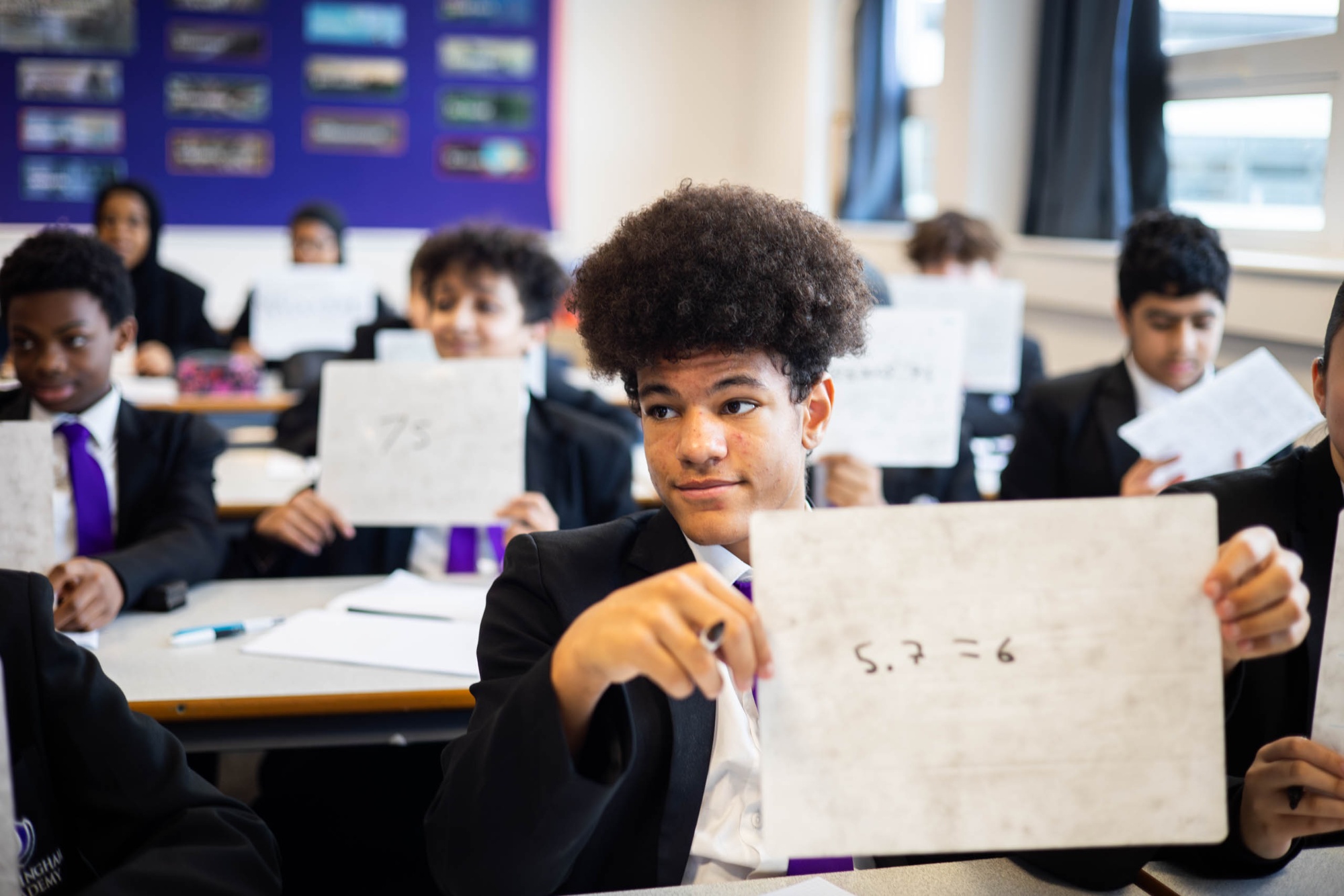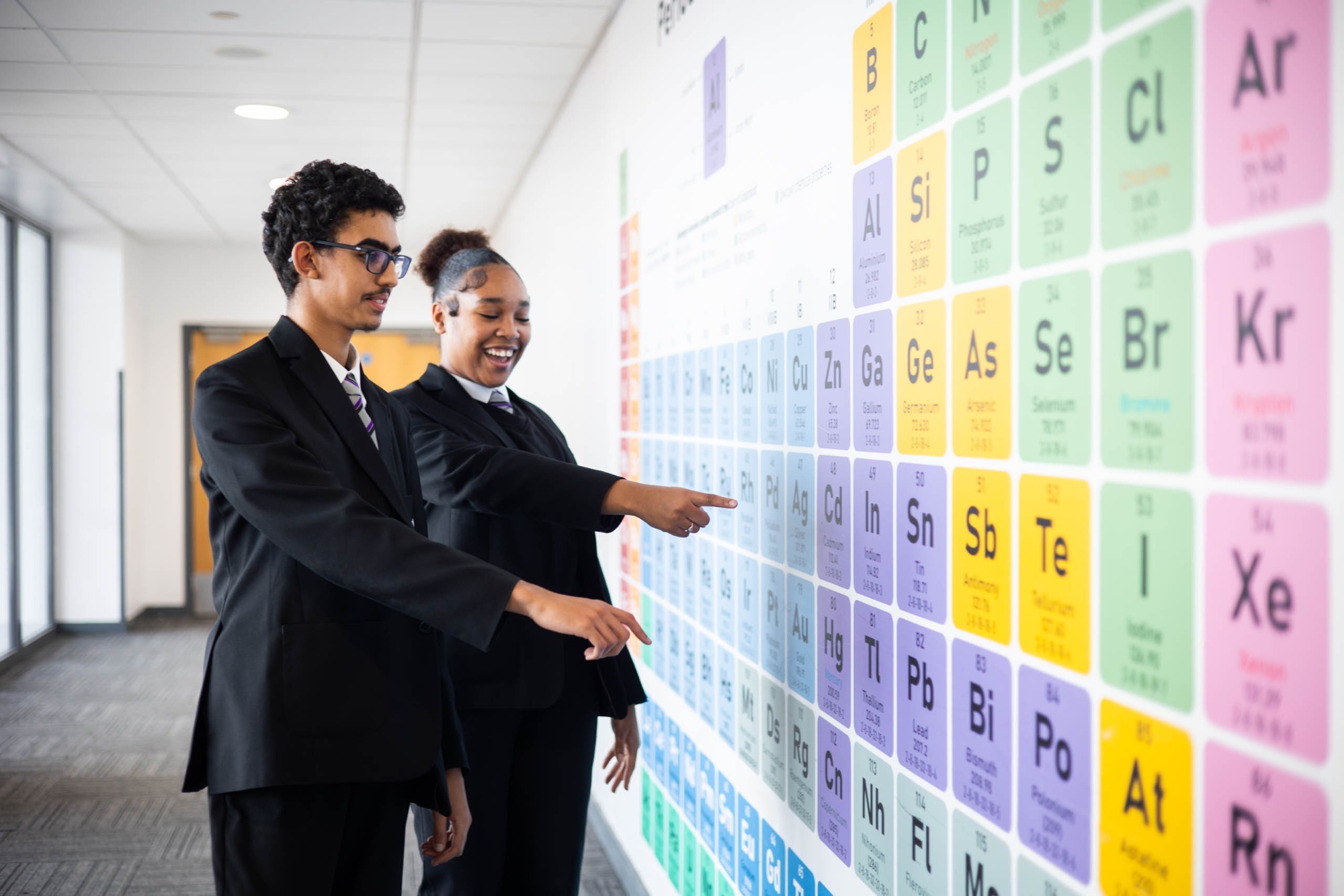Drama

Curriculum Intent
At Nottingham Academy, we offer an extensive and inclusive drama curriculum that promotes confidence, collaboration, and ambition. Students are encouraged to explore the educational, cultural, and social purposes of the performing arts. Through our curriculum, we strive to inspire and motivate all pupils to believe that they can achieve success at the Academy.
Drama plays a crucial role in developing our pupils’ character and life skills. This is achieved through the integration of the Character Curriculum and Respect Values. Students will develop their understanding of how to cooperate and communicate empathetically. Our aim is to support students in making positive choices both at the Academy and in their wider community.
Students have access to a range of performing arts opportunities as part of our extra-curricular program. These activities support pupils to participate with industry in mind or purely for enjoyment. Through these opportunities, students learn about themselves and develop as part of our Opportunities Charter. Trips and visits extend students’ cultural experiences, providing them with new insights into the world in which they live.
We recognise the importance of collaboration, creation, and performance, and the pivotal role these can have on the personal and social wellbeing of our students. This is integral to all that we do and the reason why we are driven to ensure all students at Nottingham Academy have a positive experience of drama.
Our ultimate aim is to encourage all pupils to develop a lifelong appreciation of the performing arts, either as performers or as part of the audience.
Adaptations for students with SEND needs include differentiated instruction and resources tailored to meet diverse learning needs. We incorporate visual aids, interactive activities, and technology to enhance understanding and engagement. Regular assessments and personalised feedback are key components of our approach, ensuring all students know more, remember more, and do more. By focusing on these principles, we aim to ensure every student can excel and thrive in drama, gaining more knowledge, retaining it effectively, and applying it confidently.
Key Contacts
For further information about Drama please contact:


